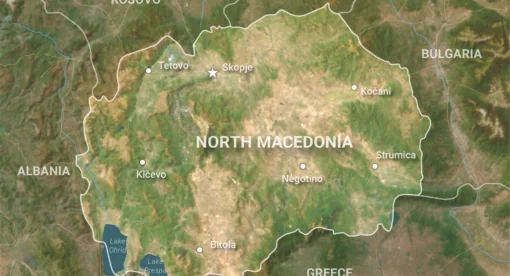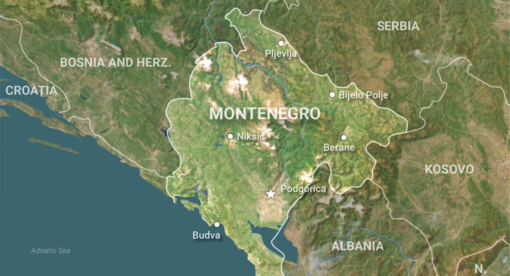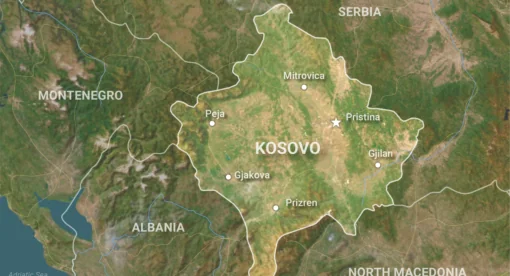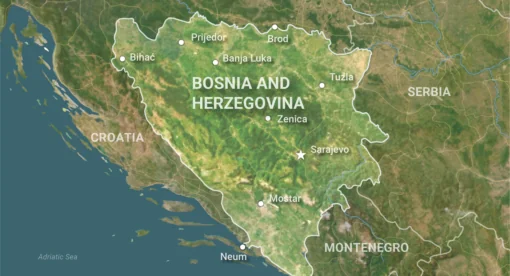The Lodestar, Episode 24
Newlines Institute’s Kamran Bokhari talks with Dr. Muqtedar Khan, Professor of Political Science and International Relations at the University of Delaware and a Newlines Institute Senior Fellow (2019-20), about his new book, Islam & Good Governance: A Political Philosophy of Ihsan.
Professor Khan says he was prompted to write the book by two factors. The first was a realization that bad governance is the reason why Muslim countries are in such bad shape — something he says is reflected in millions of Muslims’ “voting by their feet” and leaving the Muslim world to live elsewhere. The second factor, Khan says, is that the desire to bring Islam into the public sphere has led to some “unfortunate experiments” like al Qaeda and the Islamic State, which have harmed not only Muslim societies but the broader world. The book articulates ways in which to bring Islam into the public sphere as a force for love and compassion rather than tension, Khan says.
Ihsan, Khan explains, is a concept that has been translated as meaning charity, compassion, generosity, and doing beautiful things; he takes it to mean “to worship Allah as if you see Him, and if you cannot see Him, recognize that He is seeing you.” Khan proposes in his book to take that concept and apply it to governance. Ihsan comes into play, he explains, when Muslims act out of love for God, not out of fear for God, as those who think of Allah as a “big brother waiting for you to do something wrong so He can send you to Hell.” Ihsan is a way to manifest God’s love and goodness in the world.
Dr. Khan discusses the Islamic resurgence — the movement to “Make Islam Great Again,” which he compares to the “Make America Great Again” slogan in the United States. Rather than looking for a path to a better future, Islamists are turning to an imagined past glory of the Muslim world. As an example, Khan notes that Islamic universities are not marketed as being great research centers or places where problems like poverty can be solved; they are marketed as places where women will wear the hijab and men will learn Arabic and recite the Qu’ran. The focus is on external identity markers, Khan says, rather than on actions and solutions.
Khan says that he advocates for a secular state, where freedom is provided to everyone and where religious groups are free to make policy recommendations that would be welcome as long as they benefit everyone and are democratically agreed upon. He also notes that Islamists want to force their idea of Islam on others because they know it is not appealing. Democracy appeals to Hindus, Buddhists, Christians, and Jews, Khan says; a political philosophy that states a ruler has to come from a particular tribe is not appealing and is not a universal ideal.
Using Prophet Muhammad’s 10 years of rule in the city of Madinah as a model; Khan says the Prophet governed with consent, had a constitution and consulted the people. None of that fits with Islamists’ ideals. Khan says there is a fear of freedom in the Muslim culture, and that he wants people to live free from that fear and to exist in a state of ihsan — “as if you have made eye contact with God.”
The views expressed in this podcast are those of the guests and not an official policy or position of the Newlines Institute.






